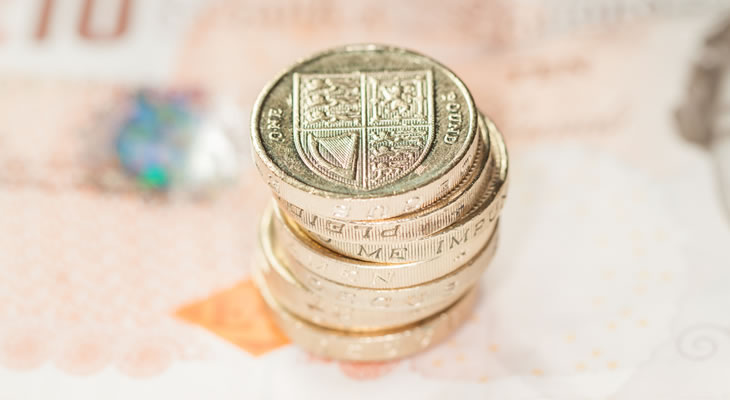The Pound stuck a new three-week high against the Euro this afternoon as Germany’s CPI fell short of expectations, with inflation plummeting from 2.2% to 1.6% in March following the drop in oil prices over the last month. (Updated 16:50 30/03/17)
The GBP EUR exchange rate recovered from a two-week low during trading yesterday as the Pound corrected itself following a kneejerk reaction to the triggering of Article 50.
While the markets remain pessimistic towards the Britain’s split from the EU, many GBP investors had already priced in Brexit and the fact that negotiations are not expected to get under way for a couple of months allowed Sterling to calm by the afternoon.
This, in turn, caused markets to sour on the Euro slightly as traders began to focus more on the consequences of Brexit on the Eurozone, with manufacturers facing the possibility of losing free access to the large consumer base in the UK.
However GBP EUR began to slide again this morning as market sentiment shifted once again as German Chancellor Angela Merkel rejected the idea of discussing the UK’s future relationship with the EU until after Britain’s exit has been finalised.
Jamie Dutta, senior market analyst at Faraday Research said;
‘Sterling has become a well-known political football and will be kicked around a lot more over the foreseeable future.’
The downturn was also prompted by Lloyd’s of London announcement that it would be opening a new European subsidiary in Brussels, with a statement saying;
‘A subsidiary office will be opened in Brussels with the intention that it will be operational for the January 1 renewal season in 2019.’
The insurance firm also confirmed that around 100 jobs would likely be moved to the continent as it moves to ensure that it retains access to its passporting rights.
Several other financial institutions are also reportedly considering relocating part of their operations to Europe, such as HSBC (which is expected to moving a large number of its staff to Paris) and Barclays, which is eyeing an office in Dublin.
Looking ahead the GBP EUR exchange rate may suffer this evening as UK Consumer Confidence is expected to drop from -6 to -7 this month as British households face the triple threat of Brexit, rising inflation and weak wage growth.
The Euro may also stumble later today following the release of Germany’s latest CPI figures, with inflation expected to have slid from 2.2% to 1.9% in March thanks to weaker oil prices.
Current Interbank Exchange Rates
At the time of writing the GBP EUR exchange rate was trending around 1.15 and the EUR GBP exchange rate was trending around 0.86.


Comments are closed.